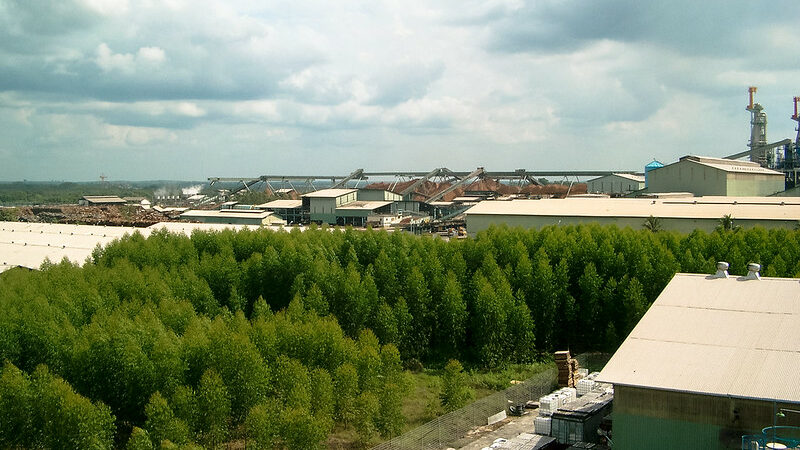Payment by results sounds good, doesn’t it? Under the UN’s Redd+ scheme, countries are paid for avoided emissions when forest loss has slowed down.
The problem is, the system is easily manipulated. Governments can pick their baseline, their claim period and area of forest to maximise revenue. They bank that money even if a tree saved one year is cut down the next.
That is what Indonesia pulled off at the Green Climate Fund (GCF) this week. In a bid backed by the UN Development Programme, it secured $103 million for avoided CO2 emissions from forests 2014-16.
Yet forest destruction in Indonesia soared alarmingly under coronavirus lockdown. The government is proposing to weaken forest protections in a bid to reboot the economy.
The GCF board is due to consult in the autumn on whether to extend its Redd+ programme beyond 2022. The bigger question is: if not Redd+, what will save tropical forests from palm oil, paper and beef interests?
This week’s stories
Net zero or bust
Running a UN climate summit is not cheap and hosts have always relied on corporate sponsors to shoulder some of the cost. Cue annual controversy over the dirty energy companies using the platform to greenwash their reputations.
Not this time, the UK presidency has decided. In a callout for sponsors on the Cop26 website, it demands a net zero emissions target by 2050 and credible short term plan to get there.
While it does not explicitly rule out oil and gas majors like BP and Shell – who have net zero plans on paper at least – Climate Home News has been given to understand their money is not welcome.
